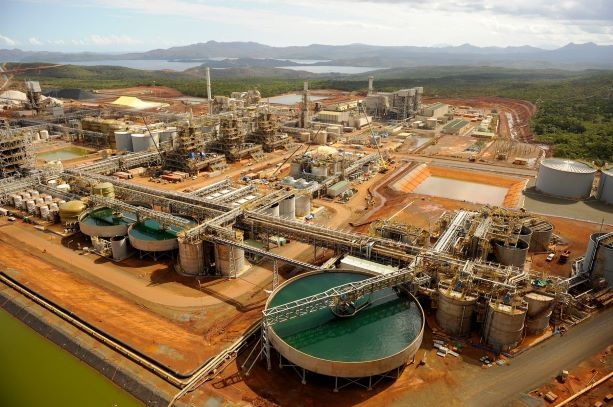After months of political dispute, the Brazilian corporation Vale has finally sold its Goro nickel smelter and other assets in New Caledonia’s Southern Province.
The new owners Prony Resources and Trafigura have accepted a corporate structure that gives majority control to local New Caledonian interests. The deal is guaranteed by loans and tax breaks from the French government and is backed by the commercial and technical support of Tesla, the Californian automotive and renewable energy corporation.
Throughout 2020, there was widespread disagreement over which consortium could bid for the Goro nickel-cobalt smelter and the other assets of Vale Nouvelle-Calédonie (VNC). The company is the local subsidiary of the Brazilian corporation Vale, one of the largest mining companies in the world, with interests in logistics, transport, energy and steel making. After years of work on the project, VNC began nickel smelting in New Caledonia in 2010, late and over-budget, using high-pressure acid-leach technology.
The Goro smelter and Vale’s nickel ore reserves are located in the Kanak customary region of Djubea-Kapumë, which makes up the southernmost portion of Grande Terre. In the two decades since the project was conceived, Vale has engaged in tense struggles with local customary leaders, operating through the Rhéébù Nùù committee (“eye of the land” in the local Drubea language). As Vale collaborated with successive provincial administrations in the south, Rhéébù Nùù campaigned for environmental protection, jobs and opportunities for local subcontractors.
Since it began production, the Goro plant’s hydrometallurgical technology has generated major environmental problems. Vale’s failure to manage these impacts was a long-standing grievance from nearby Kanak villagers. From the beginning of operations, a series of acid spills from the smelter leaked effluent into local creeks and rivers, damaging the freshwater ecosystem that provides resources and livelihoods to local communities. A major leak of acidic effluent from Goro in May 2014 sparked violent clashes with trade unions, neighbouring Kanak tribes and subcontractors, amid calls for the smelter to be closed.
For the full story login to your account or subscribe today.
